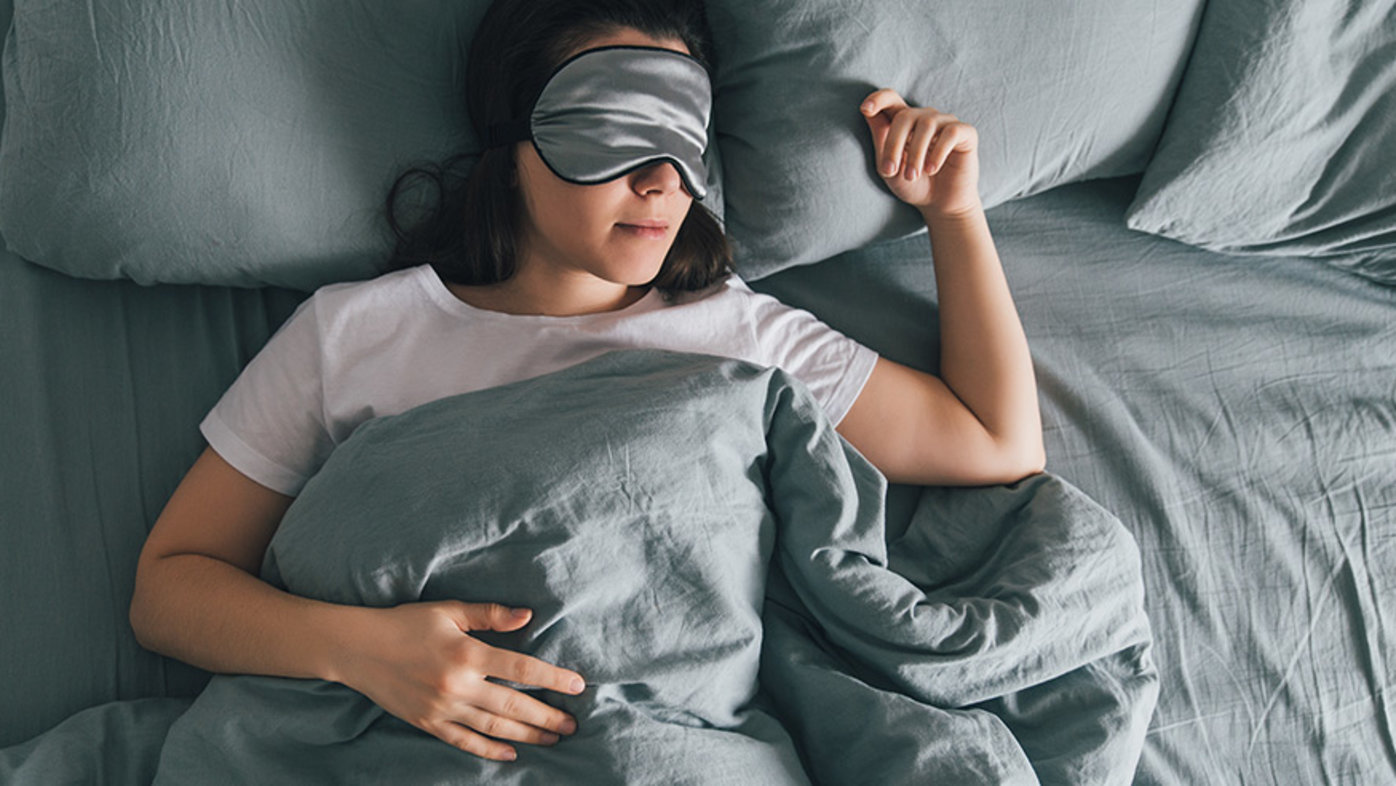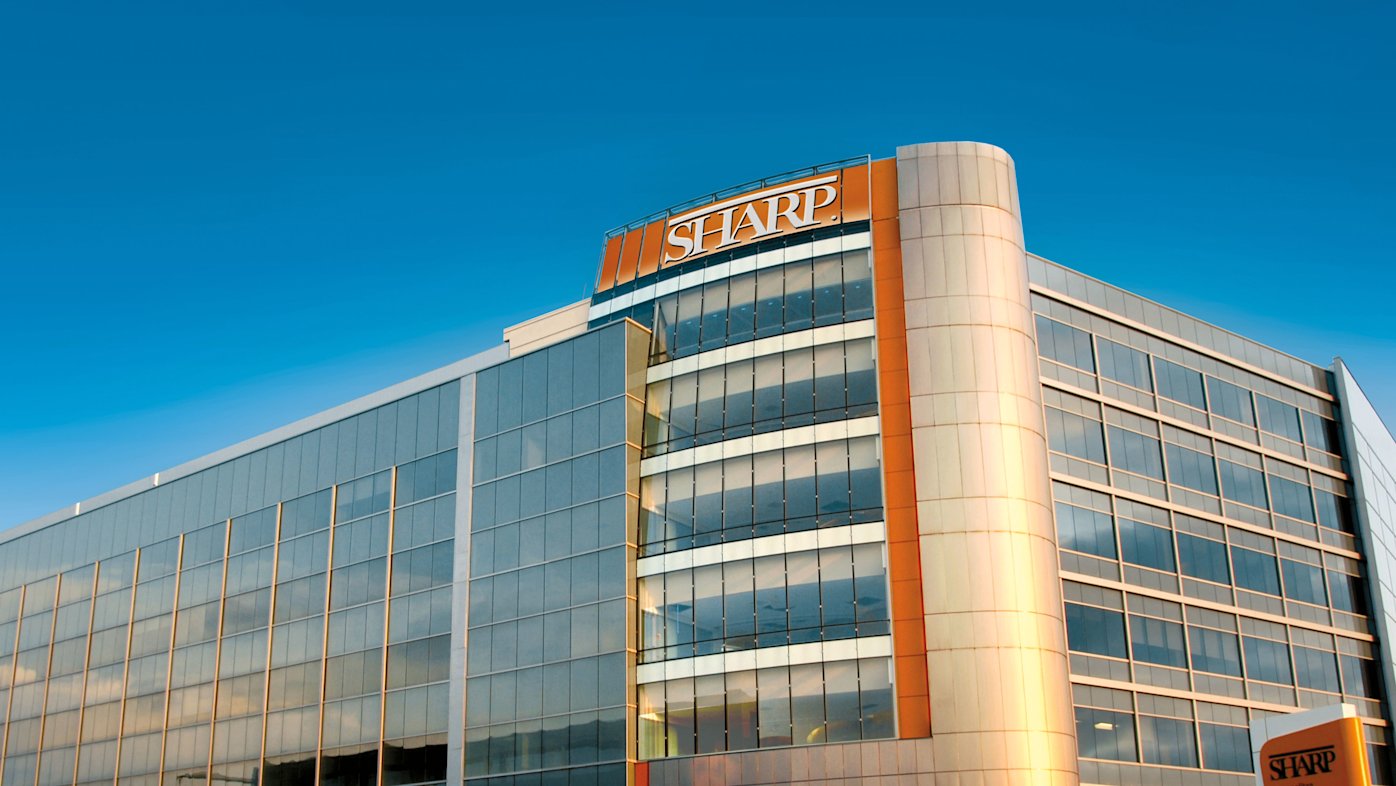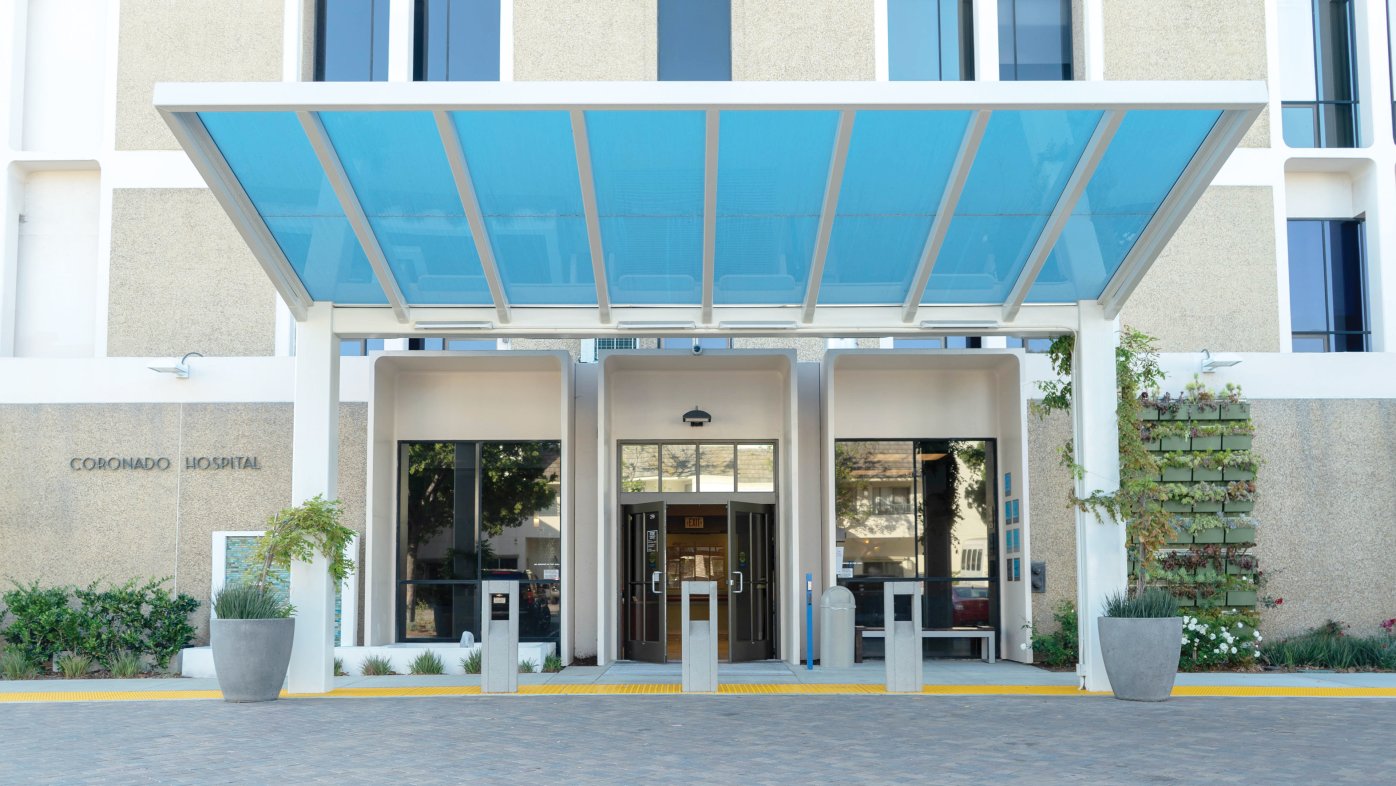

San Diego sleep medicine
At Sharp, we are committed to determining the root of your sleep issue and devising a solution that fits your lifestyle.
Find a sleep specialist near you
Choose the San Diego sleep medicine doctor who's right for you.
Sleep disorder conditions
Our dedicated team, trained and focused on sleep, comes from a range of medical backgrounds. We are pulmonologists, neurologists, surgeons and psychiatrists. At Sharp, we treat a wide variety of sleep disorders, including:
Circadian rhythm sleep disorders (CRSD)
Heavy snoring
Hypersomnia
Insomnia
Narcolepsy
Obstructive sleep apnea (OSA)
Parasomnias
Restless leg syndrome
Sleep apnea
Sleep deprivation
Sleep movement disorder
Sleepwalking
Screening and diagnosis for sleep disorders
If a sleep disorder is disrupting your life, talk to your doctor about a referral to a Sharp-affiliated sleep medicine specialist. We'll conduct a comprehensive review, and if needed, order a sleep study, which may occur at home or in one of our state-of-the-art facilities.
A home sleep study involves taking home a diagnostic machine, hooking it up to yourself at bedtime, sleeping with it on, and then returning it.
An in-lab sleep study may involve an overnight stay in one of our hotel-style outpatient rooms at the Sharp Grossmont Hospital Comprehensive Sleep Center. Here, our cutting-edge technologies monitor your sleep, focusing on unusual body movement, heart rate, breathing patterns or brain waves.
Depending on your diagnosis, our specialists will cater their care to you. Whatever the outcome, trust in your care team to create a treatment plan that works best for you.
Sleep disorder treatments
There are many ways to bring regular sleep back into your routine. Treatments may include surgery, medical devices or medication, or they may include behavior modifications or diet changes. Trust in us to understand your challenges — and to provide you with the absolute best possible care.
Treating sleep apnea may involve surgery to remove excess tissue from your nose or throat. At Sharp, we offer the following surgical and nonsurgical options for sleep apnea.
Frequently asked questions
Diagnosing and treating sleep disorders with a sleep study
San Diego sleep medicine services locations
We offer diagnosis and treatment of sleep disorders at these Sharp hospitals.

